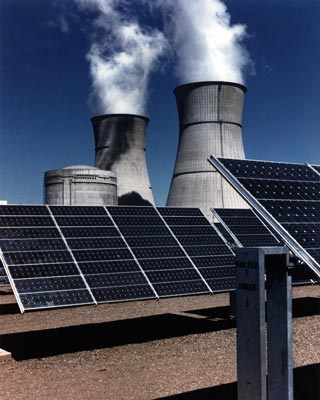
What is SECR?
In July 2018 the UK government announced its proposal to simplify the energy and carbon reporting framework for businesses and industry. This scheme will replace the CRC Energy Efficiency Scheme, ending in April 2019, with a new streamlined energy and carbon reporting (SECR) framework.
SECR affects most organisations that are currently covered by the ESOS legislation. However, as most ESOS participants do not currently do CRC reporting, SECR will impose annual energy and carbon reporting on a large number of businesses who have only been involved in the 4-year cycle up to now.



